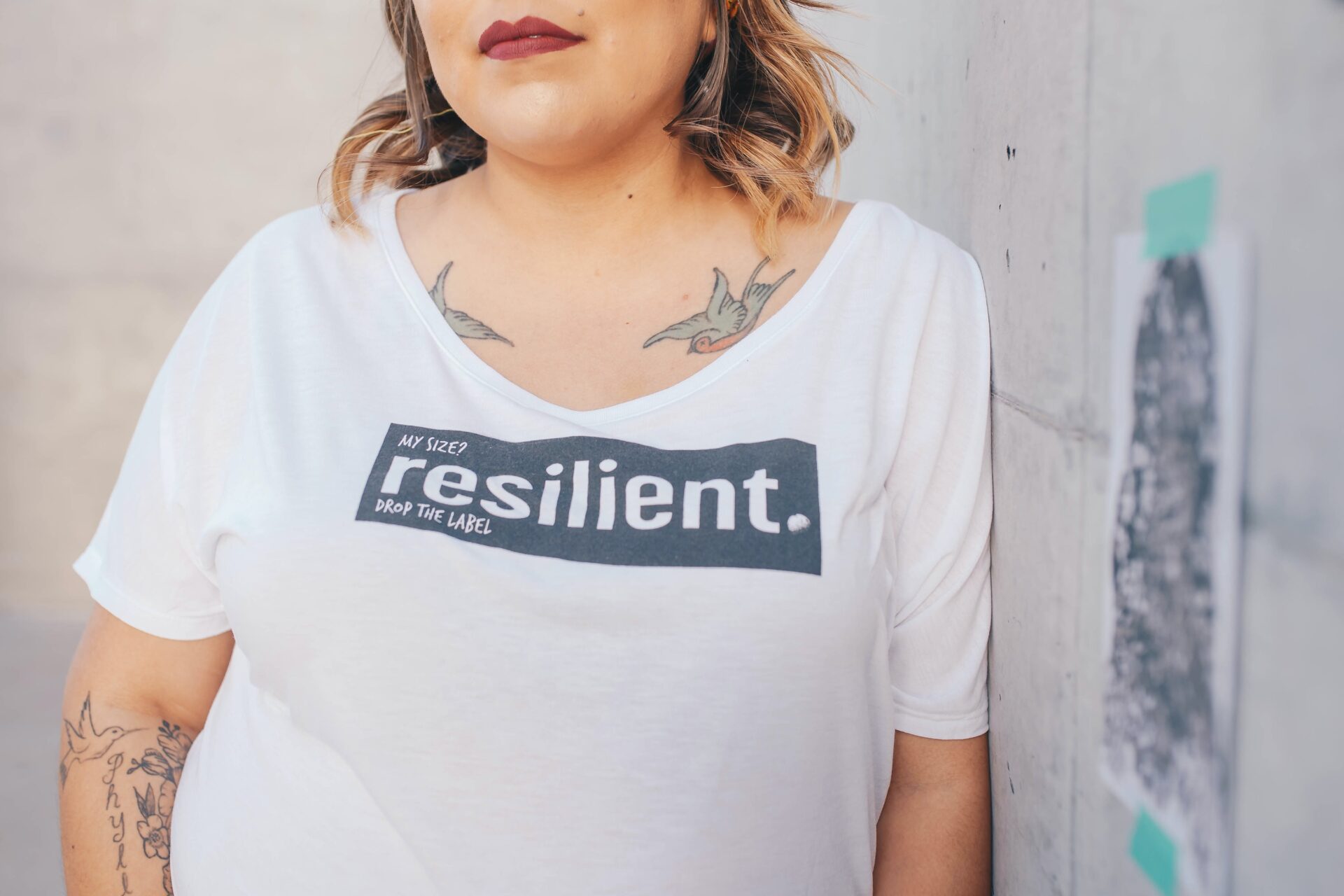At first glance, the climate crisis and gender inequality seem like separate battles. But what if I told you they’re rooted in the same system—one that values dominance over care, extraction over regeneration, and profit over people? This is the foundation of ecofeminism, a philosophy that’s gaining renewed momentum as younger generations search for frameworks that address interconnected crises.
Ecofeminism isn’t just an academic theory. It’s a lens through which we can reimagine our relationship with the planet, with each other, and with the systems that shape our daily lives. More importantly, it offers actionable pathways for change—starting right where you are.
Where Ecology Meets Feminism: Understanding the Core Connection
Ecofeminism merges insights from feminist theory and environmental philosophy to reveal a critical pattern: the ideologies that justify the oppression of women are the same ones that justify the exploitation of nature.
Think about the language we use. We call the Earth “Mother Nature,” then talk about “conquering” her, “taming” wildernesses, or “extracting” resources. Women, too, have historically been compared to nature—viewed as emotional, irrational, and in need of control by a supposedly more rational, masculine culture. These aren’t coincidences. They’re symptoms of a worldview built on hierarchies, where some lives are deemed more valuable than others.
Ecofeminism argues that environmental issues like deforestation, water pollution, and toxic waste aren’t separate from social justice—they’re feminist issues. Why? Because the communities most affected by environmental degradation are often women, particularly those in marginalized or developing regions. Women are frequently responsible for securing water, food, and fuel for their families. When ecosystems collapse, they bear the heaviest burden.
This isn’t about reinforcing old stereotypes that women are “naturally” closer to nature. Rather, ecofeminism recognizes that women’s social roles—historically centered on care, maintenance, and community sustenance—offer critical perspectives on how we might live more sustainably.
Rethinking Hierarchies: From Domination to Coexistence
Western thought has long been organized around dualisms: male/female, culture/nature, reason/emotion, public/private. In each pair, one side is valued over the other. Masculinity, rationality, and culture are seen as superior; femininity, emotion, and nature are seen as lesser.
Ecofeminism dismantles this hierarchical thinking. It proposes an ecological worldview: all life is an interconnected web, not a ladder. Instead of “power over,” it emphasizes interdependence, reciprocity, and an ethic of care.
This isn’t abstract philosophy—it has real implications. Ecofeminist ethics prioritize care, trust, love, and responsibility within networks of concrete relationships, rather than relying solely on abstract rules or rights. Karen J. Warren, a leading ecofeminist scholar, describes this shift as moving from “arrogant perception” to “loving perception” of the natural world.
At its heart, ecofeminism asks: What if we designed our economies, our policies, and our daily habits around the flourishing of all life—human and nonhuman alike?
Why Ecofeminism Matters More Than Ever
The COVID-19 pandemic, the Black Lives Matter movement, and escalating climate disasters have made one thing clear: our crises are connected. We can’t solve environmental collapse without addressing inequality, racism, and gender-based violence. Ecofeminism offers a framework that ties these struggles together.
Research consistently shows that women’s leadership in environmental governance leads to more sustainable and equitable outcomes. Policies shaped by women often prioritize long-term care over short-term profit. From community-based conservation projects to climate negotiations, women’s voices bring perspectives rooted in sustainability and justice.
Meanwhile, a new generation of activists—from Greta Thunberg to Indigenous women leaders defending their lands—are centering ecofeminist values in their movements. Social media has amplified these voices, spreading ecofeminist principles beyond academia and into grassroots organizing, art, and everyday activism.
Small Acts, Big Impact: Ecofeminism in Daily Life
Understanding ecofeminism is one thing. Living it is another. But here’s the good news: ecofeminist practice doesn’t require grand gestures. It lives in the everyday choices we make.
Rethinking What We Buy
Start by supporting women-led sustainable businesses and cooperatives. Whether it’s a local organic farm, a zero-waste shop, or an artisan collective, your purchasing power can strengthen community networks and ecological initiatives. Look for brands that prioritize transparency, fair wages, and regenerative practices.
Ask yourself: Where does this come from? Who made it? What happens to it after I’m done with it? These questions shift consumption from mindless to mindful.
Revaluing Care Work
Cleaning, cooking, caregiving—these tasks are often invisible, undervalued, and disproportionately done by women. Ecofeminism asks us to see care work as central, not peripheral, to a functioning society.
Sharing these responsibilities equitably within households is a feminist act. But it’s also an environmental one. When we cook from scratch, repair instead of replace, or compost kitchen scraps, we’re engaging in the kind of maintenance work that sustains life. Recognizing this work as valuable—and sharing it—challenges both patriarchal norms and extractive economic models.
Building Community Networks
Consider joining or starting a community garden, especially one that emphasizes inclusive decision-making and women’s leadership. Projects like “Soil Sisters,” which bring horticultural therapy to women’s shelters, show how connecting with soil and plants can be both healing and empowering.
Community-based initiatives—whether food co-ops, repair cafés, or neighborhood sharing networks—embody ecofeminist principles. They build resilience, reduce waste, and strengthen the relational fabric that holds us together.
A New Vision of Abundance
Ecofeminism invites us to ask a radical question: What is true abundance?
Is it endless economic growth, accumulation, and consumption? Or is it the richness of relationships—between people, between humans and the rest of the living world?
A sustainable future won’t be built on efficiency and competition alone. It will be built on care, empathy, and coexistence. It will value the work that sustains life, honor the knowledge of those who have been marginalized, and prioritize the flourishing of all beings over the profit of a few.
This isn’t a step backward. It’s a step toward a future that’s not only more sustainable, but also more joyful, more just, and more connected.
Your First Step Starts Now
You might wonder: What difference can I make alone? But individual choices, when multiplied across communities, create powerful ripples. You don’t have to overhaul your life overnight.
Start small. Visit a women-run café in your neighborhood. Talk with your household about sharing domestic tasks more equitably. Research local sustainability projects. Choose one thing that resonates with your heart—and begin there.
Environmental degradation and gender inequality aren’t distant problems. They’re woven into the fabric of our daily lives. And that means their solutions can begin there, too.
Ecofeminism gives us a new lens for living better—not through individual perfection, but through collective care. It reminds us that the personal is political, the local is global, and that transformation begins with the choices we make today.
Why not start now?








